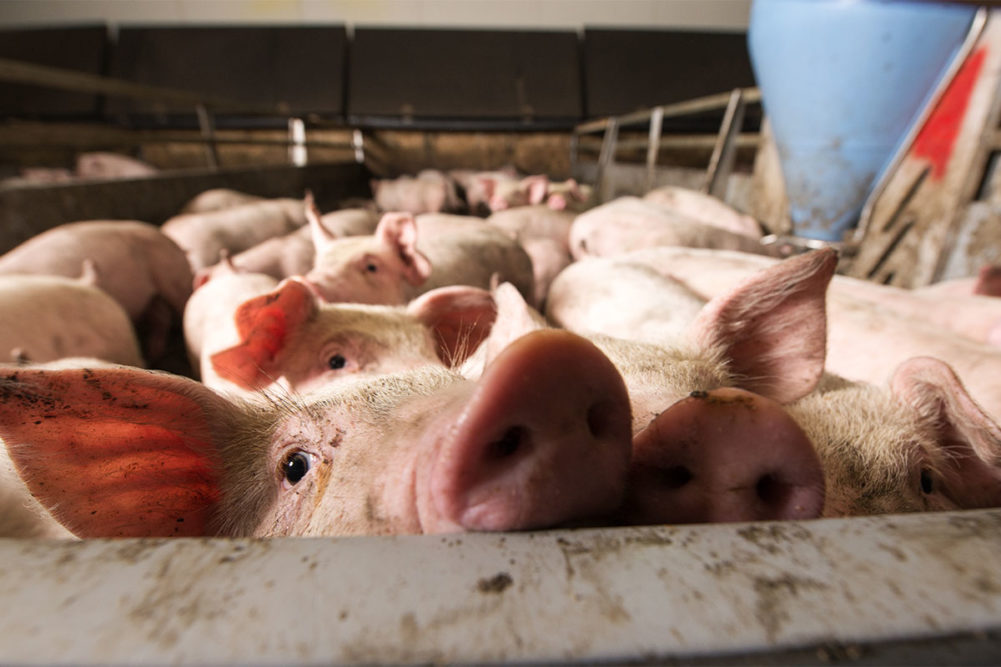WEST LAFAYETTE, Ind. — Purdue University announced that it received a $500,000 grant from the Foundation for Food & Agriculture Research to document air-quality issues surrounding pork production in partnership with the National Pork Board.
The team at Purdue, led by Jiqin (JQ) Ni, will study the issue of particulate matter (PM) at high concentrations which can affect the health of workers, animals and people living and working in neighboring areas.
Ni noted that although the problem is well known, the exact concentrations of such particulate matter outside the swine barns at different times is poorly understood.
“We don’t have enough data,” Ni said. “One of the issues is the lack of appropriate measurement technology.”
The group stated that PM concentrations change greatly with different ventilations and weather conditions. During the summer, swine barns increase ventilation rates with more fans and opening inlets and curtains. For winter months, the barns operate with minimal ventilation to keep pigs warm. The different seasons affect indoor and outdoor PM concentrations.
Ni and her team will now look at how the changing concentrations should be monitored and mapped. However, the technology used to do the job is expensive, difficult to operate and slow to produce results.
“There are many commercially available technologies for particulate matter measurement. But none of them are designed for agriculture and livestock use,” Ni said. “In the dynamic world of livestock and poultry production, such as swine farms, active animals stir up particulate matter of different sizes and concentrations in the air. Most of the particulate matter will settle quickly, while some will be blown out of the barns through the fans. Our objective is to develop a new technology that is low cost, with a faster response and easy to use.”
Testing for the project will get underway in the swine barn at Purdue’s Animal Science Research and Education Center. The team will also use the technology at commercial swine farms in Indiana and Ohio.


